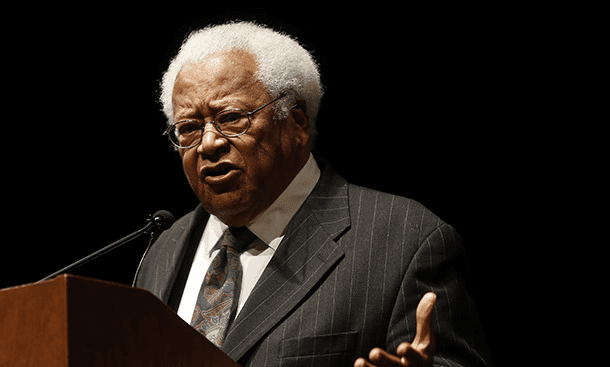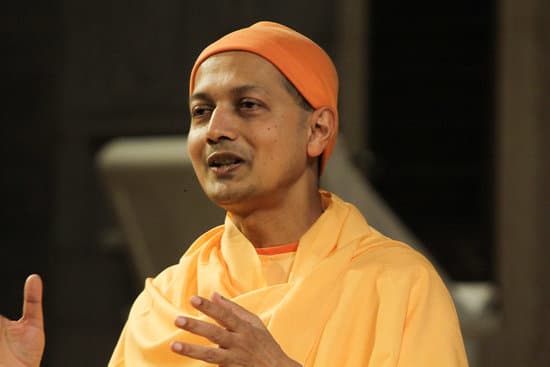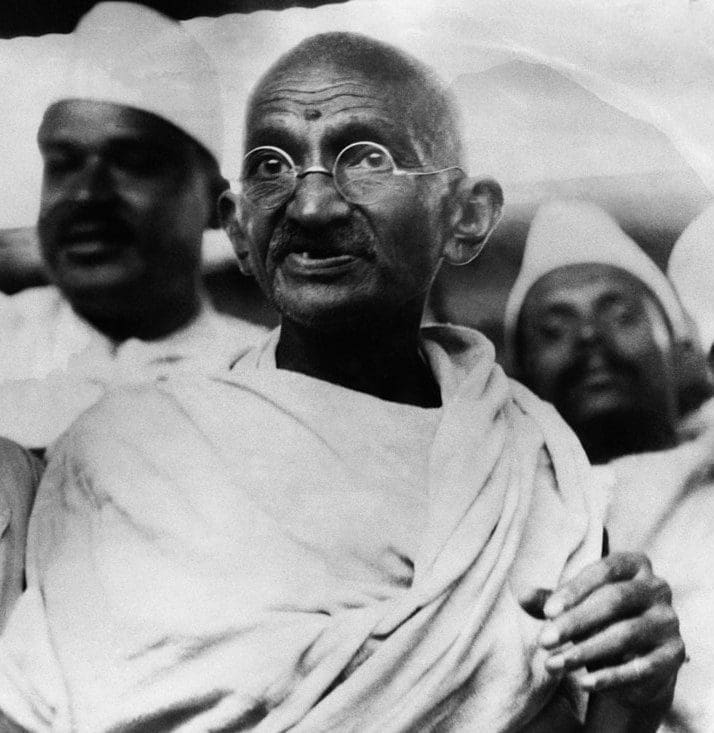NONVIOLENCE AND RACISM
The Guibord Center is focused on particular issues affecting our society today and how our various faith traditions are moved to respond, informed by their values and teachings. The issue of racism is at the forefront today, not because it is a new issue, but because social media and the internet have enabled instances of racism to become public quickly, demanding a response rather than ignoring them.
Core spiritual values elicit a nonviolent response to address the systemic racism that affects people of color worldwide. The great leaders who have championed equal rights for decades have promoted nonviolence as the means to that end.
These programs focus on a nonviolent response to racism from several perspectives, informed by cultural as well as faith traditions, with the common thread of seeing the sacred in every person. Our diverse faith traditions encourage us to follow these principles in pursuing justice and equality for every member of society.
This call to action from Connie Rice was part of a post-election online conference for spiritual and civic leaders in Los Angeles, CA hosted by The Guibord Center in November 2020.

Overcoming Injustice with Nonviolence
In a world where conflict, hate, and violence seem never-ending, what can we do to bring peace and justice? The Rev. James Lawson believes that nonviolence, rooted in truth and love, is key to winning the struggle. And by nonviolence, he doesn’t mean being passive. When rooted in truth and love, nonviolence includes taking direct action to resist wrongs and confront injustice.

Ahimsa: Exploring Nonviolence and Racism
Ahimsa is a core value of Jainism, Hinduism and Buddhism, religions that all originated in South Asia. Ahimsa was the inspiration for Mahatma Gandhi and others who led the South Asian movement for independence from the British. It also became the principle for Dr. Martin Luther King and leaders of the U.S. nonviolent movement, who used peaceful resistance to defeat injustice. Today, ahimsa continues to inform us about how to engage unjust systems and practices and equalize our society.
In this conversation moderated by Dr. Lo Sprague, Tahil Sharma discusses the history and meaning of ahimsa – the concept of nonviolence. He then shares some personal reflections, followed by panelists Aziza Hasan and Rev. Najuma Smith-Pollard. Their words hit hard as each shares from the heart about experiencing and confronting the racism and hate long faced by the Black community and other people of color.

Satyagraha – The Heart of Nonviolence
Satyagraha refers to the spiritual practices and principles that form the core of Mahatma Gandhi’s teachings about nonviolence. This way of being became the major tool of social change in India’s movement for independence from British rule. Satyagraha also strongly influenced world change leaders including Nelson Mandela, Dr. Martin Luther King Jr., and the Rev. James Lawson.
Gandhi’s practice of peaceful resistance – satyagraha – evolved throughout his lifetime, filling nearly 100 volumes of writing. Swami Sarvapriyananda of the New York Vedanta Society explains how satyagraha applies today in our struggles for justice.
In Swami’s words, “We must seek to understand the Mahatma’s spiritual philosophy in depth if we are to assimilate and adapt nonviolence to the issues of our times.”

Revolutionary Love with Valarie Kaur
American Sikh activist Valarie Kaur founded the Revolutionary Love Project to reclaim love as a force for justice in America. Responding to recent slayings of Sikh women and men in Indianapolis, Valarie speaks about the guiding principles at the heart of her faith that led her to create the project. She describes trying to maintain a state of Chardi Kala, or “ever-rising high spirits, joy even in the darkness,” in the face of violence and hatred towards Sikhs and other Asian people, ongoing brutality against Black and brown people and spiking Covid rates in India.
Valarie Kaur believes practicing revolutionary love as nonviolence can transform healthy rage at injustice into real social change.

Mahatma Gandhi
Mohandas K. “Mahatma” Gandhi (1869-1948) was the primary leader of India’s movement for independence from British rule. He developed a form of nonviolent resistance, satyagraha, that became the major tool of social change in India. Satyagraha also strongly influenced Nelson Mandela, Dr. Martin Luther King Jr., Rev. James Lawson, and other change leaders worldwide.
